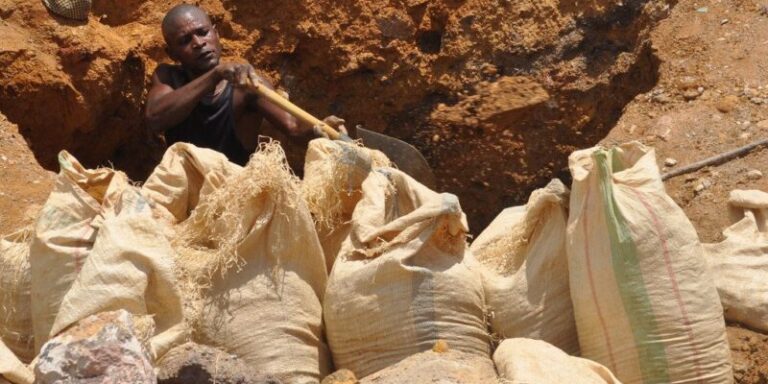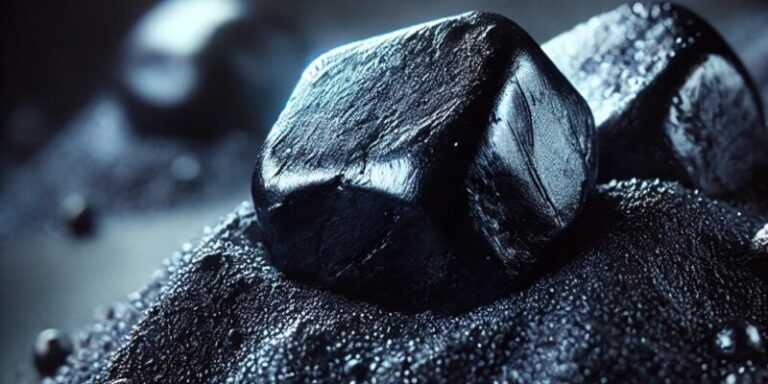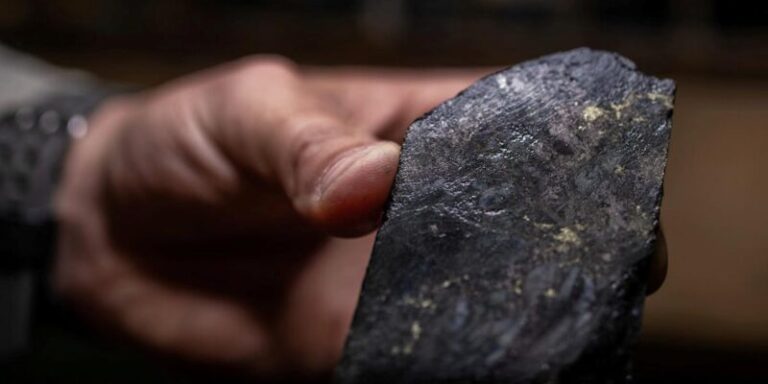
Hands passing money under table corruption bribery
Some US companies aren’t filing paperwork investigating and disclosing potential ties to the illicit mineral trade in central Africa, the Government Accountability Office said in its annual report on the regulations.
The Securities and Exchange Commission obliges US-traded companies to file so-called conflict mineral reports on whether their products may include gold, tin, tantalum or tungsten from the Democratic Republic of Congo or its nine neighboring countries.
The rules, which came into effect in 2014, are meant to help sever the link between the illicit mineral trade and violence in Congo. They were originally part of the 2010 Dodd-Frank act.
“Companies may be reporting incomplete information, or not filing at all, because of a perception that they are unlikely to face enforcement action by the SEC if they do not comply with the conflict minerals disclosure requirements,” the GAO said Wednesday July 19th, citing industry sources.
Violence has persisted in eastern Congo for nearly three decades. More than 100 armed groups are active in the region, fighting for land, identity and economic opportunity.
Some groups support themselves by selling or taxing minerals. Under the US law, there are no sanctions if a company discovers its mineral purchases supported conflict in Congo; it’s simply required to report it.
Key facts from the GAO report:
- In 2022, 1,005 companies filed conflict minerals disclosures with the SEC, a decrease from 2014, when 1,321 companies filed
- 51% of companies initially determined that their conflict minerals may have come from the DRC or adjoining countries
- 53% of companies that investigated further were unable determine the origin of their conflict minerals
- Some companies are now including cobalt in their filings





